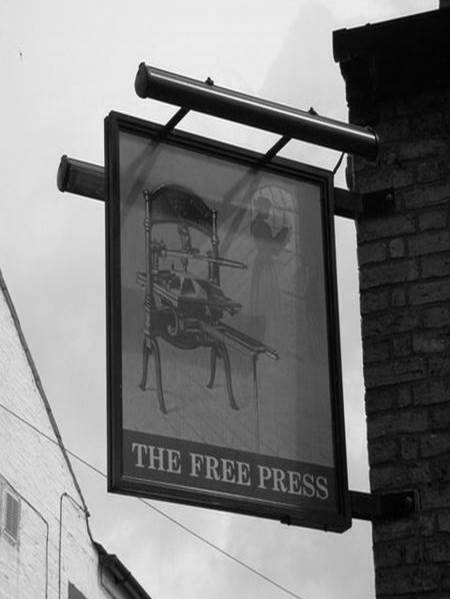 Last week's Press Gazette claimed that 3,400 communications staff – more than double the total for central government - worked in local government. Here's a response by the Chair of LGcomms...
Last week's Press Gazette claimed that 3,400 communications staff – more than double the total for central government - worked in local government. Here's a response by the Chair of LGcomms...
by Cormac Smith
In last week's Press Gazette, William Turvill wrote about local councils employing at least 3,400 communications staff – more than double the total for central government. His report went on to talk about the decline of local newspapers, implying to this reader a link - but never actually provided any evidence of one.
It is not local councils who have decided to cut back investment in local titles – it is the publishers of these titles who have done this.
He went on to talk about questionable practice in a small number of councils and quoted a regional political editor who suggested many journalists would balk at the number of communications officers employed by local government – but who did not say why.
I believe the article is misleading in the way it is set out and I thank the Press Gazette for the opportunity to set the record straight by explaining a little more about what it is we do.
Less than a third of what the average council communications team does involves dealing with the press.
Local newspapers in particular remain highly trusted by local people. They have a job to hold us to account and equally can help us to explain the work of the council which helps us engage with local people. More than ever we need to engage more effectively with local people. The local media have a role to play helping us to do this but increasingly we must do much more than simply write press releases and answer questions from journalists.
I deal with many local authorities. Far from being a threat to their local papers the vast majority of my colleagues work hard to support them and have a mutually beneficial relationship. Without our support to get answers to questions and provide good local stories many local publications would I believe be the poorer. And my colleagues and I would certainly be the poorer without good trusted local journalists who though they hold us to account when appropriate, also help us to explain what we do in local areas.
First of all we need to engage our own staff, over half of whom in most local authorities live in the area served by the council. We employ hundreds and in many cases thousands of staff, many of whom have daily contact with residents. If these employees are not clear about what the organisation is trying to achieve and support its agenda our efforts to engage effectively will be seriously undermined.
Much of our work also involves campaigns which among other things aim to: discourage littering, increase recycling, recruit foster and adoptive parents, combat domestic violence and recruit volunteering in local areas. All of these activities both improve lives and save money. There is also a whole plethora of public health objectives for which we are now responsible ranging from encouraging people to stop smoking, adopt healthier diets and take up opportunities for vaccination.
And it is important to note that as council communicators we never work for any political party but for council. To ensure we do this we have a rigorous code of conduct, which in my experience, the vast majority work very hard to adhere to.
We can only do our job effectively if we can convince local people to work with us and that will only be achieved if they trust us. In a world where we must compete to be heard this can only be achieved using communication that is strategic, honest and effective.
The figure of 3,400 communications officers across over 400 councils probably equates to about 0.5% of the staff spend of each council. To compare this with the number of communications officers who work across government departments is not relevant. Under the devolution agenda of recent years it falls to increasingly to local councils to engage with residents – not central government.
In this challenge I believe the local media have two roles. One is to keep us honest by holding us to account. The second I suggest is to help us to engage effectively with local people.
As communicators we are not the enemy of the local media - I for one want to see them survive and thrive. As far as possible we should work together to help improve the lives of local people.
Cormac Smith is Chair of LGcomms, Westminster City Council PR and senior comms advisor to Basildon & Peterborough
